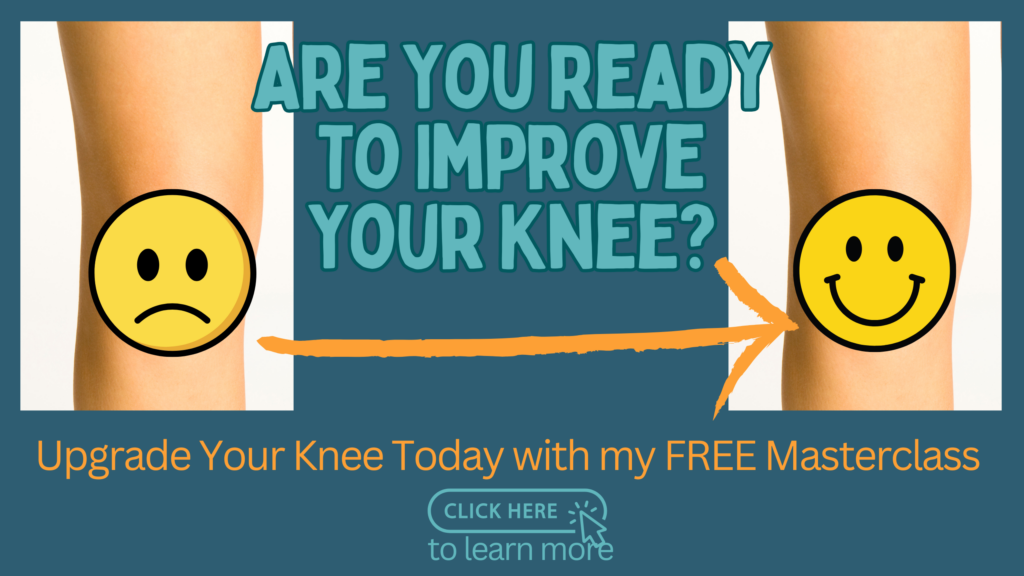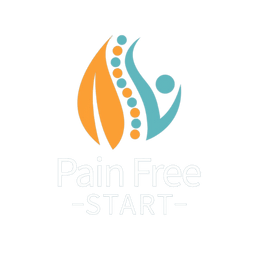Introduction
Arthritis in the knees can make it difficult to enjoy the activities you love, pushing many to explore different solutions for pain relief and mobility. One common consideration is using a knee brace. Many of my patients either use a brace or ask if they should get one. But before you strap one on, let’s explore the pros and cons to help you make an informed decision.
The Pros of Knee Braces
Stability and Support
Knee braces may offer some added support to arthritic joints, potentially reducing strain and helping during physical activities. However, the actual structural support they provide is often minimal.
Pain Relief
Some people report pain relief when using a brace, possibly due to the compression reducing inflammation and discomfort.
Improved Functionality
For certain individuals, a brace may enhance mobility and make movement more comfortable.
The Cons of Knee Braces
Dependency Concerns
Relying too much on a brace—both mentally and physically—can lead to muscle weakness. If your muscles don’t have to work as hard, they can become less effective at supporting your knee over time.
Limited Long-Term Benefits
While knee braces may offer short-term relief, there’s little evidence supporting their long-term effectiveness in managing arthritis. Physiotherapy, on the other hand, has been proven to improve knee function and reduce pain sustainably.
Discomfort and Chafing
Braces can sometimes be uncomfortable, causing skin irritation or chafing with prolonged use. Getting the right fit is essential.
Cost
Knee braces can be expensive, and not all provide significant benefits.
Potential to Worsen Symptoms
Because braces alter the forces through your knee, they can sometimes increase pain rather than relieve it. Many of my patients have tried braces but found they didn’t help—or even made things worse.

Consider Alternative Solutions
Rather than relying on a knee brace, consider these more effective approaches:
Physiotherapy & Strengthening Exercises
Strengthening the muscles around the knee provides natural support and improves joint function. My Arthritic Knee Program is designed to help you regain strength, alignment, and stability.
TOP TIP – I share strengthening exercises and much more in my FREE Arthritic Knee Masterclass. Click to learn more and enrol.
Weight Management
Reducing excess weight significantly decreases stress on your knees, improving both pain and mobility. Check out the Lose Weight – Better Health – NHS website. for guidance.
Low-Impact Exercise
Walking, swimming, and cycling are great ways to keep your joints moving without excessive strain.
Medication
Anti-inflammatory medication or pain relievers may help you stay active while you work on strengthening your knee. Speak to a doctor or pharmacist to explore your options.
Walking Aids
A cane or crutch may reduce knee load while boosting confidence and mobility. If you’re unsure whether a walking aid would help, check out my blog on choosing the right walking aid.
What If I Already Use a Knee Brace?
If you currently rely on a brace, I recommend gradually reducing your use while actively working to improve your knee’s strength, alignment, and stability. My Arthritic Knee Program can guide you through this transition.
I remember a patient who was hesitant to go out without her brace after using it for a long time. To build confidence, she started bringing it in her bag on walks. Knowing she had it if needed reassured her—but she never actually had to use it! With focused strength work, she moved beyond needing the brace entirely.
Conclusion
Knee braces may offer short-term relief, but they’re not a long-term solution. The key to managing arthritis effectively is strengthening your knee, improving alignment, and adopting a healthy lifestyle. With the right approach, you can achieve a strong, reliable knee—and I’d love to help you on that journey.
Take care, Helen
Helen Manders BSc (Hons) MCSP HCPC
Chartered Physiotherapist Treating Arthritic Knees Since 2001
P.S. Join me for my FREE Masterclass. Where I share exercises, tips and more to help improve your knee. Click here to learn more and enrol. I would love to see you there.




